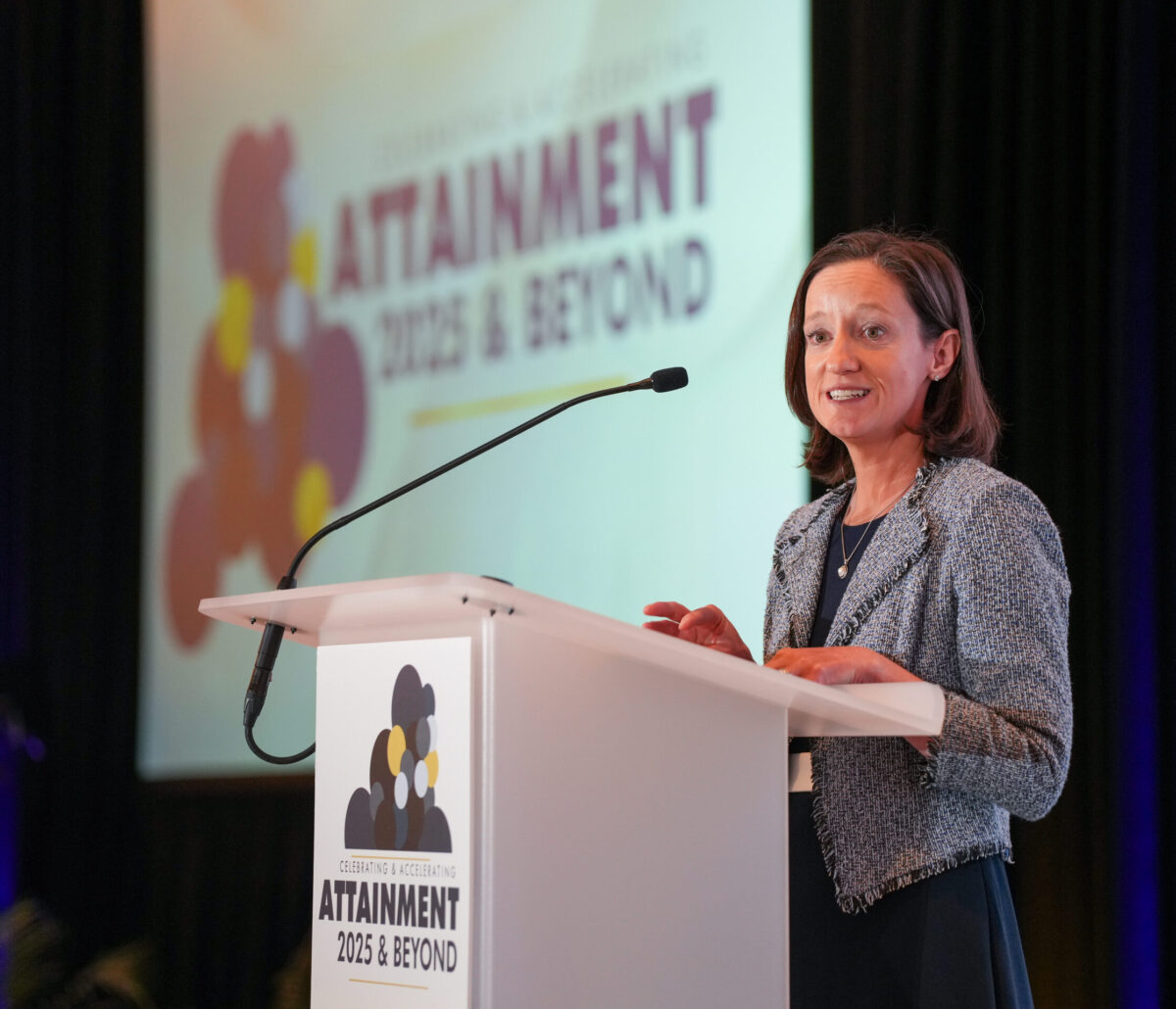Missed Opportunities
Published May 15, 2014
Washington, D.C., Dec. 18, 1997—A wider range of Americans face growing obstacles to college and are redefining the nation's "educationally disadvantaged," according to a new national report released today.
Children of divorced parents, first-generation college students, and welfare recipients are among those experiencing rising difficulties gaining access to and completing postsecondary education, says the study. These heightened problems are the results of national and state policies and recent social trends.
The study calls for a new look at the changing face of the "disadvantaged," and proposes reforms and new initiatives at the federal and state levels. The report, "Missed Opportunities: A New Look At Disadvantaged College Aspirants," was released jointly by The Institute for Higher Education Policy and The Education Resources Institute (TERI).
These rising barriers have compounding effects for many low-income and minority students, exacerbating the problems they already face. The report focuses on several of these added barriers:
- Welfare Participation: Since the 1996 federal welfare reforms, the number of welfare recipients entering college appears to be declining—up to 40% at some colleges—due to eligibility changes that jeopardize postsecondary access for adult recipients who cannot rely on outside support.
- Parental Divorce: Students with divorced parents have greater difficulty accessing and completing college than those with married parents, due to diminished resources. Average family income of dependent students with divorced parents is $27,170, versus $52,294 for children with married parents. Only 23% of college students with divorced parents complete a bachelor’s degree within five years. These trends are increasingly important as the number of divorces rises.
- First-Generation Status: Students whose parents did not attend college face many barriers to college, including lack of family support and lack of knowledge of the admissions and financial aid processes. They are less likely to aspire to college (36% as opposed to 78% for students whose parents have a bachelor's degree), to take college entrance exams (45% as opposed to 82%), and to apply to a 4-year institution (26% versus 71%). First-generation students make up 45% of all undergraduates."A growing set of barriers to college are redefining who is at risk in America," stated Ted Freeman, President of TERI. "The obstacles for low-income and minority students are great enough without these compounding factors. It's in our national interest to respond to these needs to ensure a better-educated citizenry."
The report’s recommendations include:
- increase investment in early intervention and pre-college programs, especially the federal TRIO programs;
- renew efforts to increase the availability of college awareness information;
- increase availability of support services for college students (mentoring, tutoring, etc.);
- promote greater consistency and clarity in state policies on parental responsibilities to pay for college;
- lessen restrictions on participation in postsecondary education by welfare recipients; and
- simplify forms and processes for college admissions and financial aid.
"Solving the problems of college access and success for disadvantaged students," stated Jamie P. Merisotis, President of The Institute for Higher Education Policy, "requires a broad array of strategies. New initiatives must include increased student aid combined with strategies to address the non-monetary barriers these students face."
The recent drop in college participation by welfare recipients followed welfare reforms that ended assistance after five cumulative years and mandated increased work participation, leaving each state to decide whether postsecondary education qualifies as work. Almost half of all welfare recipients lack a high school education, and once in college, almost all lack any personal resources to pay for education (96% versus 21% for non-welfare students).
The percentage of children living in single, divorced parent households has risen steadily–from less than 4% in 1970 to 10% in 1995. Less than half aspire to a bachelor's degree (as opposed to 59% of students with married parents), 55% take college entrance exams (compared to 67%), and only 40% apply to a four-year institution (versus 51%).
The Education Resources Institute (TERI) is a Boston-based, not-for-profit organization providing education information and financing services. The Institute for Higher Education Policy is a non-profit, Washington-based education research group.


